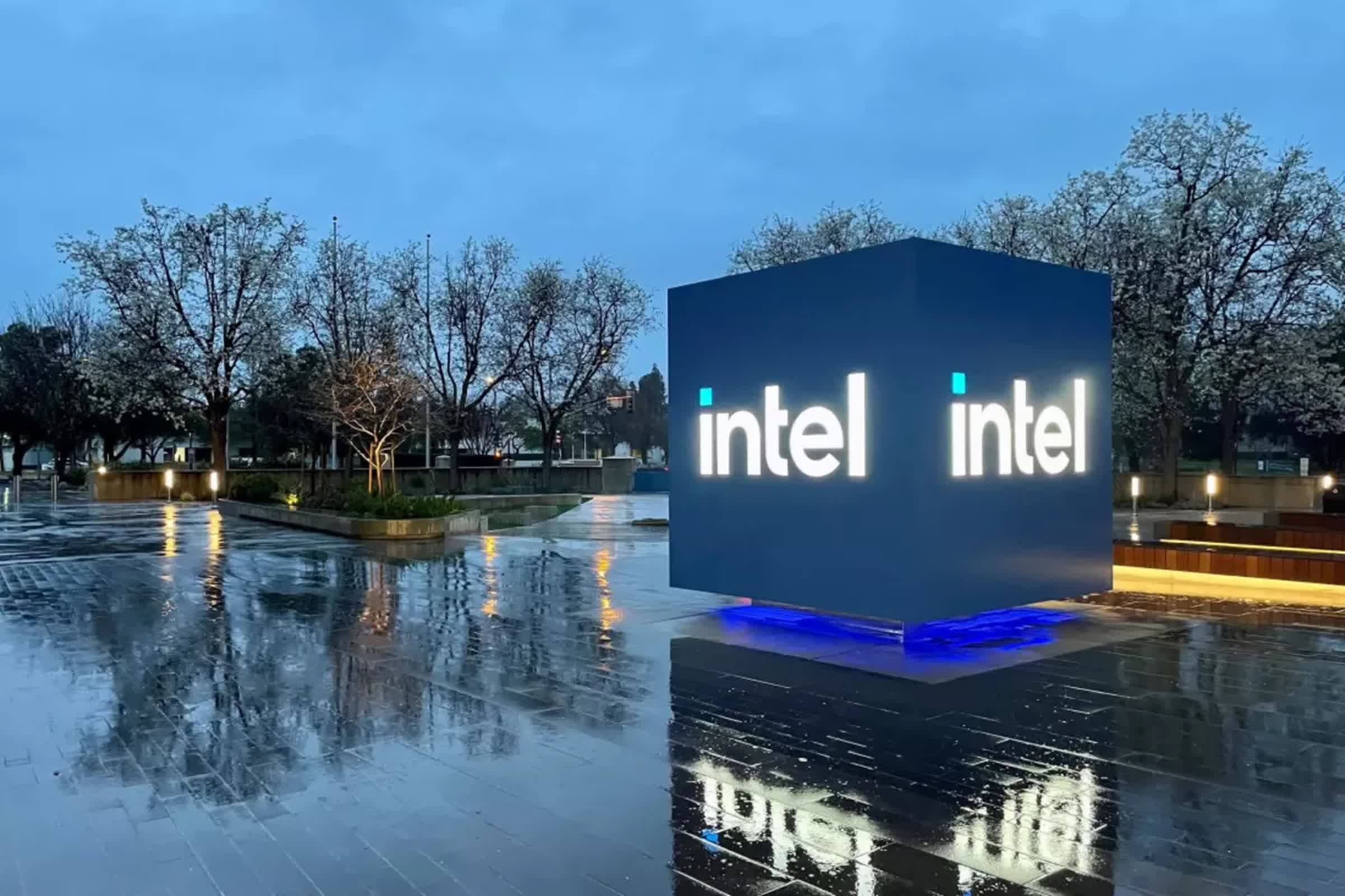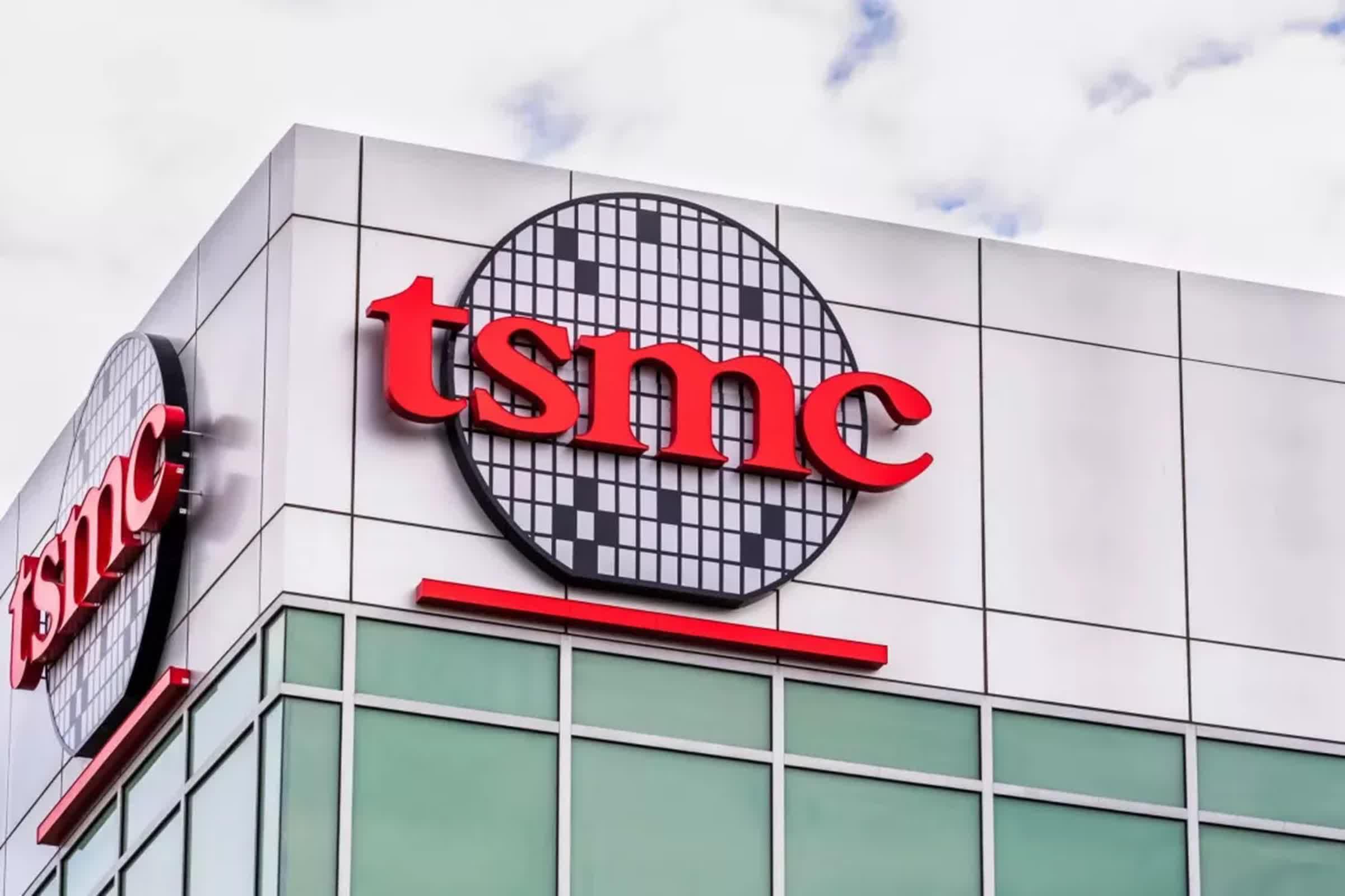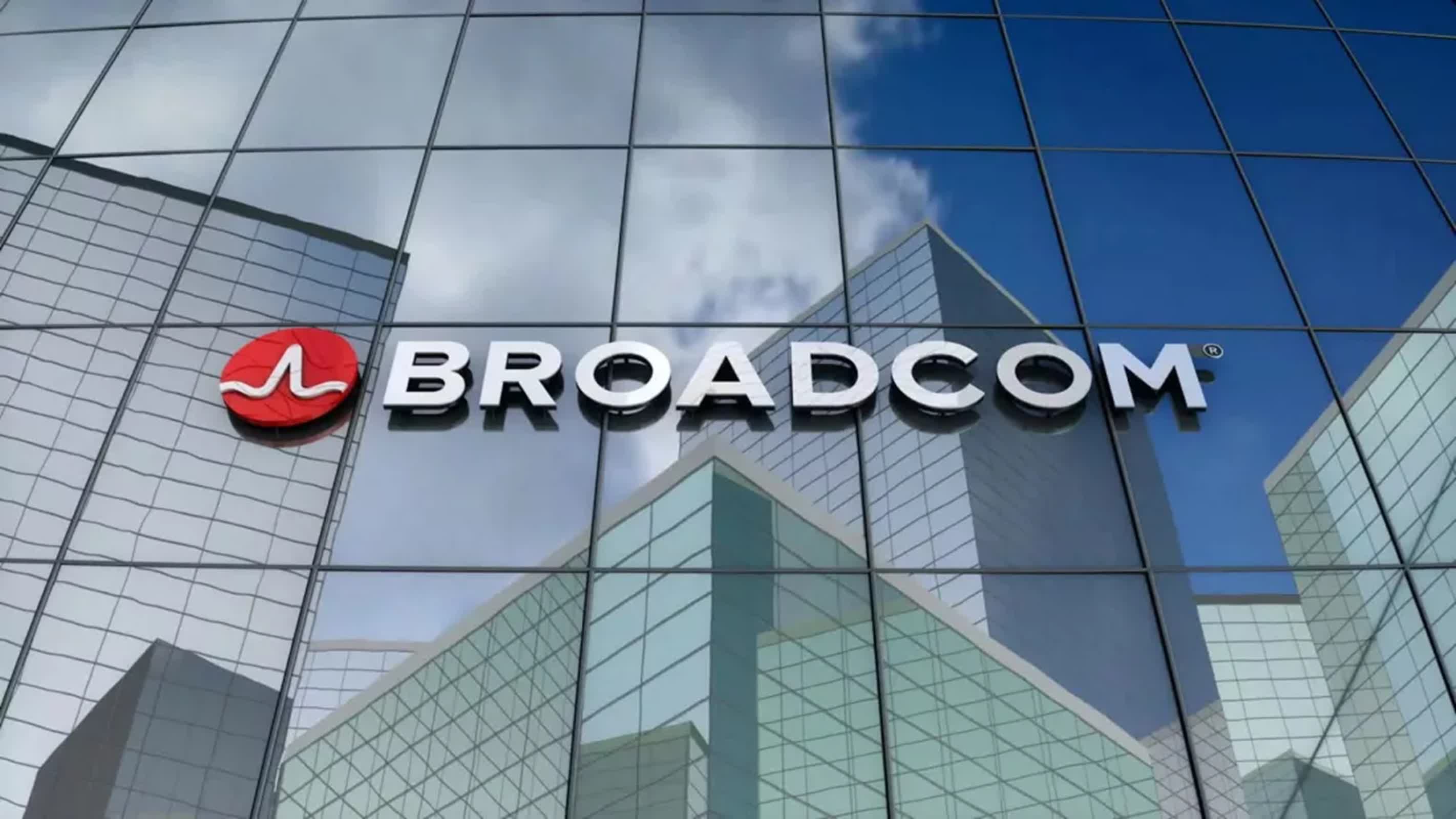Bottom line: Intel, the once-dominant American chip-making giant, is now facing breakup scenarios as rivals TSMC and Broadcom explore separate deals that could reshape the semiconductor industry landscape. As Intel's board of directors searches for a new CEO, the outcome of these potential deals could significantly impact the role and responsibilities of the company's next leader.

Broadcom has been examining Intel's chip-design and marketing business. Sources familiar with the matter told the Wall Street Journal that Broadcom has informally discussed the possibility of making a bid with its advisers. However, the company would likely only proceed if it could secure a partner to take over Intel's manufacturing business.
It's important to note that these discussions are still in their early stages, and no formal offer has been submitted to Intel. The sources emphasized that Broadcom could ultimately decide not to pursue a deal.
In a separate development, TSMC has been studying the possibility of controlling some or all of Intel's chip plants, the sources report. This potential deal could involve TSMC leading an investor consortium or utilizing another structure to acquire Intel's manufacturing capabilities.

While Broadcom and TSMC are not working together on these potential deals, the mere fact that such discussions are taking place highlights the dramatic shift in Intel's position within the industry. The company's recent struggles have made it an acquisition target, a scenario that would have been unthinkable in the past.
If either of these deals were to materialize, they could result in the breakup of Intel, ending decades of dominance in the production of central processors for personal computers and data centers. Such a split would mean that Intel would specialize in either chip manufacturing or design, rather than maintaining a vertically integrated model.
Intel has already taken steps to separate its chip manufacturing unit from the rest of the company, a move that some analysts view as a precursor to a potential breakup. The company has begun operating its factories as though they were separate entities, taking orders from both internal and external customers.

The U.S. government is closely monitoring these developments, given Intel's critical role in national security. Frank Yeary, Intel's interim executive chairman, has been leading discussions with potential suitors and Trump administration officials, according to sources who indicate that Yeary's primary focus is on maximizing value for Intel shareholders.
A TSMC transaction is facing an uphill climb. Any deal involving the company taking control of Intel's factories would require approval from the U.S. government. The sources say that the Trump administration asked TSMC to explore the idea, but a White House official said the president was unlikely to support a deal that involved a foreign entity operating Intel's factories.
Also, the Chips Act of 2022, which provided Intel with significant funding for domestic chip-making, requires the company to maintain a majority share of its factories if they are spun off into a new entity.
Additionally, retooling Intel's factories to produce advanced chips using TSMC's methods would present significant engineering challenges and costs. TSMC also faces potential restrictions on deploying its engineers in the U.S., given the current administration's stance on immigration.
Intel considers breakup as Broadcom and TSMC explore separate deals